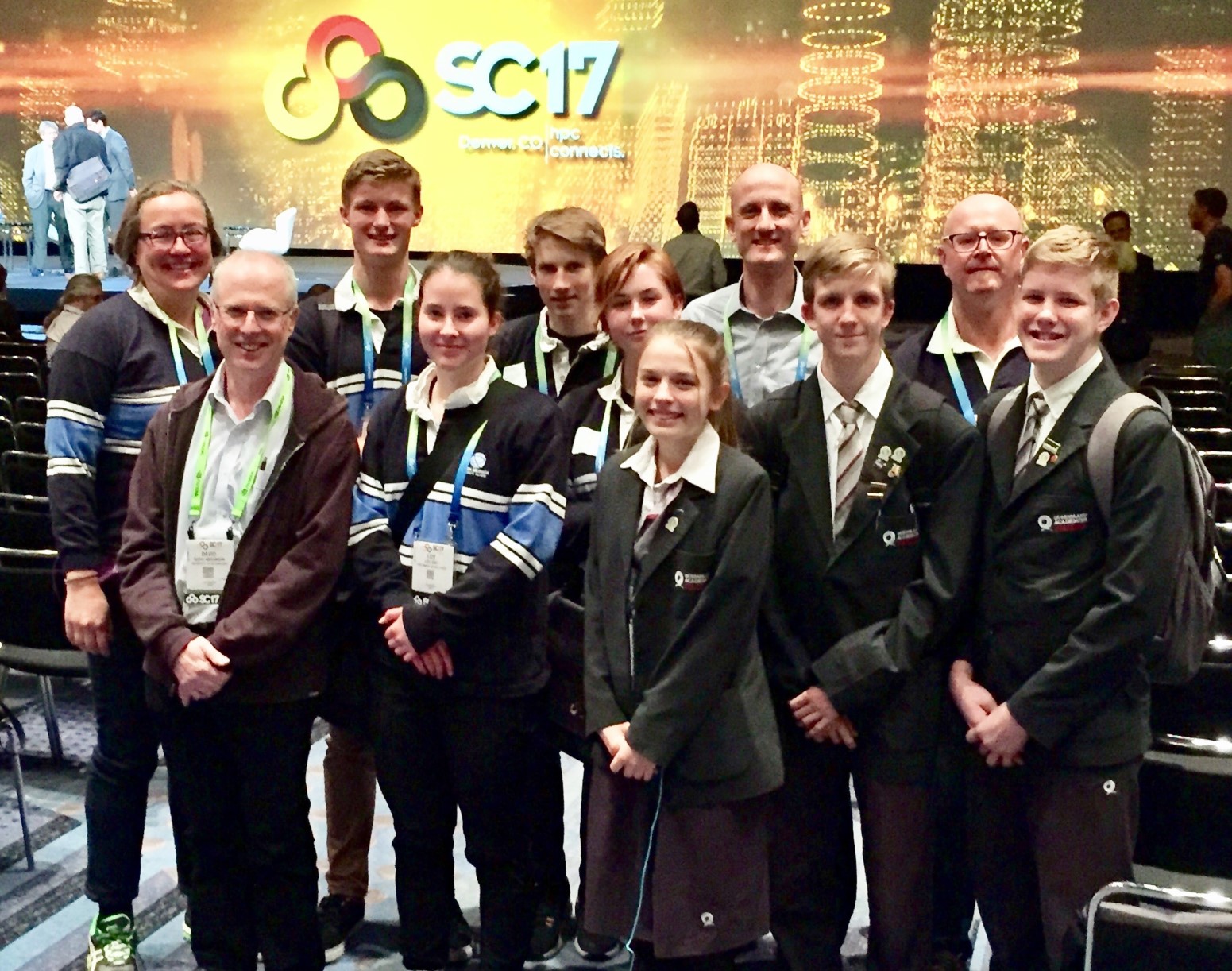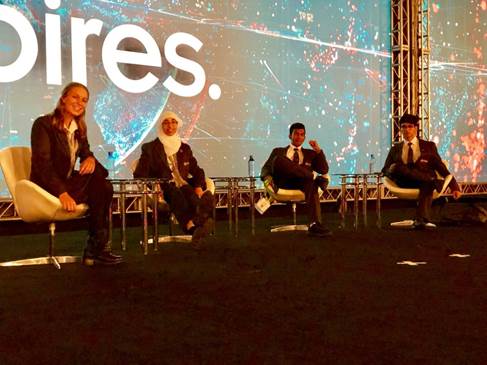
Two Brisbane high schools will expand their high-performance computing program this year with the help of RCC.
RCC Director Professor David Abramson has engaged with the Queensland Academy for Science, Mathematics and Technology (QASMT) and Faith Lutheran College, Redlands (FLCR) on their HPC curriculum.
At QASMT, year 7 students will gain an introduction to data visualisation as part of their coursework, as well as during lunchtime and extracurricular activities. Year 10s will investigate Big Data in a 10-week unit of study designed to get the students interested in supercomputing.
At FLCR, HPC will be run as a semester-long elective subject in year 10, looking at Big Data and parallelism. The school will also offer “HPC Projects” during lunchtimes and after school. During “HPC Project” time, students will investigate machine learning, computer clustering, environmental data sensing and other topics as they arise.
For the last six years, RCC has sponsored students from QASMT and FLCR to travel to the Supercomputing (SC) series of conferences in the United States.
Prior to 2013, during his time at Monash University, Prof. Abramson worked with the staff at Melbourne’s John Monash Science School (JMSS) in a similar fashion — a program that continues today, including SC sponsorship for students.
Students, chosen by their schools to be delegates at the SC conferences, have found the experience genuinely life-changing. Many have gone on to study Computer Science for their undergraduate and postgraduate studies.
Outside of the conference, the three high schools have collaborated and shared information for a number of projects each year. These have included parallel programming, clustering computers and environmental data sensing and visualisation. The students have had the opportunity to present their work both electronically and as academic posters at the SC conferences on a number of occasions.
This year, all three schools will expand their HPC program with the help of Prof. Abramson.
Students in JMSS’s year 10 Computer Science classes will investigate machine learning and neural networks this year. They will also study parallelism through high-level simulations and exercises.
Even though the schools are approaching HPC in different ways, they will share each other’s units of work and learning intentions to provide consistency of curriculum for their students.
From the student participants in these courses of study, delegates will be chosen to represent their respective schools, and the collaboration itself, in Denver, Colorado, for SC19 this November.
Stephen Blair, Computer Science Teacher at Faith Lutheran College, Redlands, contributed to this article.




